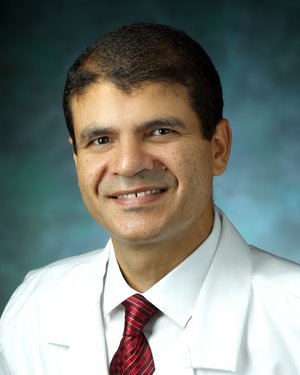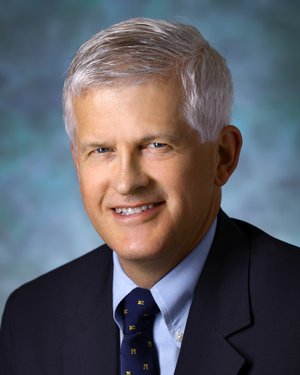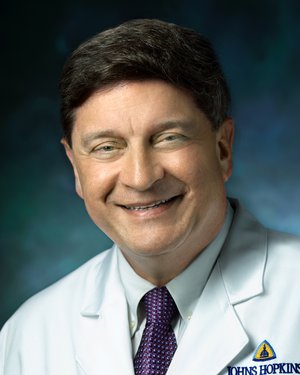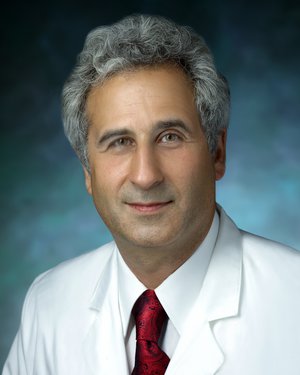Research Lab Results
-
Cardiac Surgery Research Lab
Founded in 1942 by surgeon Alfred Blalock and surgical technician Vivien Thomas, the Cardiac Surgery Research Lab at The Johns Hopkins Hospital serves not only to spearhead discovery and innovation in cardiothoracic surgery, but also to train future leaders in the field. Active areas of investigation include the development of novel, nanoparticle-based therapeutics to mitigate acute lung injury, avoid neurological injury during cardiac surgery, and improve organ preservation during heart and lung transplantation. The lab is also active in a variety of clinical research projects aimed at improving outcomes for our patients. Equally important, the lab plays a critical role in training residents for impactful careers in academic cardiothoracic surgery. Medical students, residents, and fellows receive hands-on simulation experiences to hone surgical skills outside of the operating room. The lab also serves as a training ground to develop research and investigation skills as trainees learn methods of advanced statistical analysis and academic writing. Special programs for undergraduates and medical students help develop their passion for cardiac surgery and surgical research, giving unique opportunities to young talent. -
The Functional Neurosurgery Lab
The studies of the Functional Neurosurgery Lab currently test whether neural activity related to the experimental vigilance and conditioned expectation toward pain can be described by interrelated networks in the brain. These two psychological dimensions play an important role in chronic pain syndromes, but their neuroscience is poorly understood. Our studies of spike trains and LFPs utilize an anatomically focused platform with high temporal resolution, which complements fMRI studies surveying the whole brain at lower resolution. This platform to analyze the oscillatory power of structures in the brain, and functional connections (interactions and synchrony and causal interactions) between these structures based upon signals recorded directly from the waking human brain during surgery for epilepsy and movement disorders, e.g. tremor. Our studies have demonstrated that behaviors related to vigilance and expectation are related to electrical signals from the cortex and subcortical structures. These projects are based upon the combined expertise of Dr. Nathan Crone in recordings and clinical management of the patients studied; Dr. Anna Korzeniewska in the analyses of signals recorded from the brain; Drs. Claudia Campbell, Luana Colloca and Rick Gracely in the clinical psychology and cognitive neurology of the expectation of pain and chronic pain; Dr. Joel Greenspan in quantitative sensory testing; and Dr. Martin Lindquist in the statistical techniques. Dr. Lenz has conducted studies of this type for more than thirty years with continuous NIH funding. -
Functional Neurosurgery Laboratory
The research goals of the Functional Neurosurgery Laboratory include the development of computational models to understand how brain function is affected by neurological conditions and how this abnormal function might be corrected or minimized by neuromodulation through electrical stimulation. The lab uses data collected from patients during epilepsy monitoring or in the operating room during DBS procedures to construct and calibrate the computational models. The models can be manipulated to explore functional changes and treatment possibilities. The other primary goal of the laboratory is the development of a neuromodulation system that applies stimulation pulses at specific phases of brain oscillatory activity. This technique is being explored in the context of Parkinson's disease as well as memory function, and may lead to less invasive therapeutic treatment system with more effective stimulation. -
Minimally Invasive Neurosurgery Lab
Directed by Alan R. Cohen, M.D., Carson-Spiro Professor of Neurosurgery, Oncology and Pediatrics, the laboratory is focused on developing novel instruments and approaches to enhance the safety and efficacy of neurosurgical procedures. Current investigations include work in microsurgery, endoscopy, image guidance and robotic surgery. A cadaveric skills lab offers training in neurosurgical techniques. -
Outcomes After Critical Illness and Surgery Group
The Outcomes After Critical Illness and Surgery Group is focused on understanding and improving patient outcomes after critical illness and surgery. Research projects include improving long-term outcomes research for acute respiratory distress syndrome/acute respiratory failure (ARDS/ARF) patients; examining the long-term outcomes for acute lung injury/acute respiratory distress syndrome (ALI/ARDS) patients; and evaluating the effects of lower tidal volume ventilation and other aspects of critical illness and ICU care on the long-term physical and mental health outcomes of ALI/ARDS patients. -
Minimally Invasive Neurosurgery
Directed by Alan R. Cohen MD, Carson-Spiro Professor of Neurosurgery, Oncology and Pediatrics, the laboratory is focused on developing novel instruments and approaches to enhance the safety and efficacy of neurosurgical procedures. Current investigations include work in microsurgery, endoscopy, image guidance and robotic surgery. A cadaveric Skills Lab offers training in neurosurgical techniques. -
Athir Morad Lab
Research in the Athir Morad Lab primarily focuses on perioperative pain management for neurosurgery patients. Our team has conducted two randomized controlled trials to assess the efficacy of patient-controlled analgesia (PCA) following craniotomy. Our current research includes studies on the safety of opioid administration following craniotomy through the use of end-tidal CO2 detection, as well as research into the use of transcortical magnetic stimulation (TMS) for managing pain after spine surgery. -
The Atlantic Cardiovascular Patient Outcomes Research Team - Atlantic C-PORT
Our research is centered on the safety, efficacy and outcomes of PCI performed at hospitals without on-site cardiac surgery. Active projects: C-PORT Randomized Studies and Registries; New Jersey Angioplasty Demonstration Project; InCar-decision support tools for performance of PCI at hospitals without on-site cardiac surgery. For more information please visit Cport.org.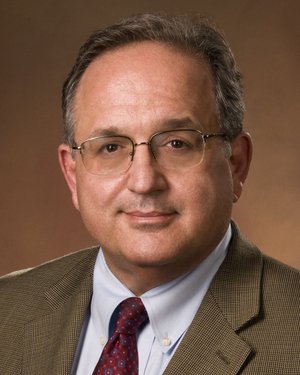
-
Johns Hopkins Center for Fetal Therapy Research
Johns Hopkins experts have been at the forefront of research into the benefits and proven outcomes of the most advanced prenatal surgery techniques to treat a range of conditions including congenital diaphragmatic hernia (CDH), spina bifida and twin-to-twin transfusion syndrome (TTTS). -
Borahay Lab: Gynecologic and Fibroids Research
Dr. Borahay's lab focuses on understanding pathobiology, developing novel treatments, and carrying out high quality clinical trials for common gynecologic problems with a special focus on uterine fibroids. Our lab also investigates the causes and novel treatments for menstrual disorders such as heavy and irregular periods. In addition, Dr. Borahay’s team explores innovative approaches to minimally invasive gynecologic surgery, focusing on outpatient procedures with less pain and faster recovery times.Lab Website